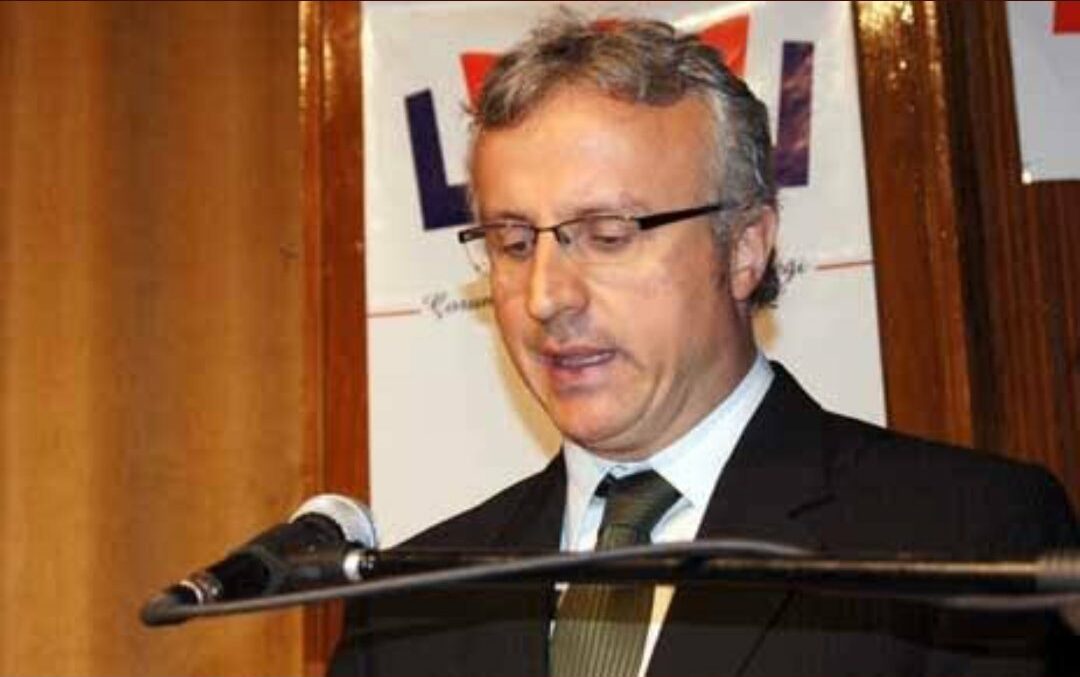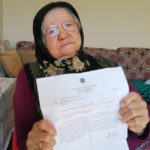Önder Ateş, a former English teacher arrested for alleged links to the Gülen movement, died in prison yesterday of COVID-19, Bold Medya reported.
Ateş had been in intensive care for 17 days before he died. He was arrested after a July 2016 coup attempt in Turkey and had been held in Samsun Prison.
Another former teacher, Ersoy Karamustafa, died of COVID-19 on February 13, less than two months before he was due to be released on parole.
The rapidly spreading disease has presented greater concerns in Turkey’s prisons, which were already notorious for human rights abuses, overcrowding and unsanitary conditions before the pandemic. The death of those political prisoners revealed once more how the Turkish government puts their health in immediate danger.
Turkish President Recep Tayyip Erdoğan has been targeting followers of the Gülen movement, a faith based group inspired by Muslim cleric Fethullah Gülen, since the corruption investigations of December 17-25, 2013, which implicated then-Prime Minister Erdoğan, his family members and his inner circle.
Dismissing the investigations as a Gülenist coup and conspiracy against his government, Erdoğan designated the movement as a terrorist organization and began to target its members. Erdoğan intensified the crackdown on the movement following a coup attempt on July 15, 2016 that he accused Gülen of masterminding. Gülen and the movement strongly deny involvement in the abortive putsch or any terrorist activity.
In a tweet, Ömer Faruk Gergerlioğlu, an opposition member of the Turkish parliament and a human rights activist, said he had previously raised the health of inmates in Samsun Prison with the Justice Ministry.
The Turkish parliament passed an early parole law on April 14 aimed at reducing the inmate population of the country’s overcrowded prisons due to the coronavirus pandemic. Yet, the legislation excluded political prisoners, including opposition politicians, journalists, lawyers, academics and human rights defenders convicted under the country’s controversial counterterrorism laws. The law prompted calls from the UN, the EU and rights groups for the non-discriminatory reduction of prison populations.
Following the abortive putsch, the Turkish government declared a state of emergency and carried out a massive purge of state institutions under the pretext of an anti-coup fight. More than 130,000 public servants, including 4,156 judges and prosecutors, as well as 20,610 members of the armed forces were summarily removed from their jobs for alleged membership in or relationships with “terrorist organizations” by emergency decree-laws subject to neither judicial nor parliamentary scrutiny.
According to a statement from Interior Minister Süleyman Soylu on February 20, a total of 622,646 people have been the subject of investigation and 301,932 have been detained, while 96,000 others have been jailed due to alleged links to the Gülen movement since the failed coup. The minister said there are currently 25,467 people in Turkey’s prisons who were jailed on alleged links to the Gülen movement.
Source: Stockholm Center for Freedom (SCF)



